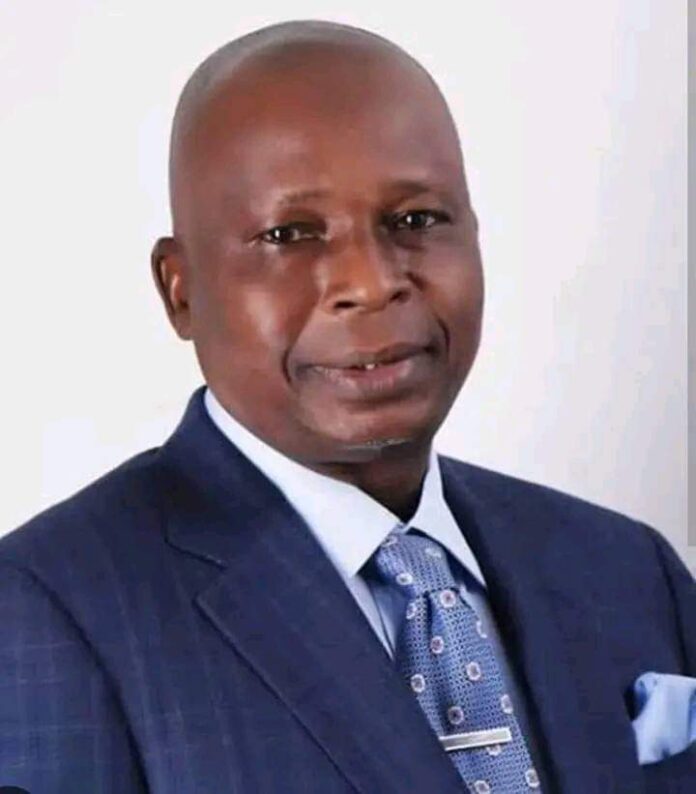Lateef Fagbemi: The Tasks Ahead of Another SAN Justice Minister
By Kabir Akintayo and Obamodi O. Faith
The recent appointment of Chief Lateef Fagbemi, one of Nigeria’s foremost legal experts and jurists, as a member of the Federal Executive Council, FEC, by President Bola Ahmed Tinubu, could not have come at a better occasion.
At a time the country’s judicial sector appears to be decaying – too quickly -, his appointment as the new Minister of Justice and Attorney General of the Federation, AGF, offers a silver lining.
For the record, Chief Fagbemi, a celebrated lawyer has made significant contributions to the development of law and justice in the country. He has been involved in various landmark cases, which includes but not limited to election petitions and other constitutional matters.
He also served as a judge in various Nigerian courts, including the Federal High Court and the Court of Appeal, and at 37, he became the youngest lawyer to earn the coveted (SAN) rank.
While assuming office at the Federal Ministry of Justice in Abuja recently, the 64 year-old jurist, an indigene of Kwara State, acknowledged the challenges hindering Nigeria’s judiciary, and the administration of effective justice.
But he had earlier, during his ministerial screening by the Senate, laid out his plan on how to sanitize the country’s judicial sector. To tackle corruption in the judiciary, Chief Fagbemi called for adequate welfare provision for judges, most especially.
Read Also:
As it was with his predecessors, Fagbemi will be performing both the work of AGF, which is to represent the public in all legal proceedings for the enforcement of law and the assertion or protections of public rights, and also, the role of a Minister of Justice, that is, the legal arm of government primarily concerned with bringing cases before the judiciary that are initiated or assumed by the government.
Ideally, the Ministry of Justice and the Office of the AGF should not be one, as combining the two will perhaps bring about a conflict of interest in protecting public interest and doing the government’s bidding. These are two sides of the coin.
Again, Fagbemi, as Minister of Justice and AGF, has a significant role to play in ensuring that the President Tinubu-led government obeys court orders, and have regard for the rule of law.
Our judiciary, under Minister Fagbemi, should be independent and insolated from intimidation or undue influence of the executive.
Talking about arrest without trial, the current administration is already threading the path of its immediate predecessor, where many arrested persons spend several months in gulags of our security/intelligence agencies, without trials.
The immediate-past Chairman of the Economic and Financial Crime Commission (EFCC), Abdulrasheed Bawa, has been in the custody of the Department of State Services, DSS, since June.
There is need for the new AGF and Minister of Justice to look into this. Not only Bawa, but other high-profile Nigerians detained by the DSS should immediately be charged to court.
Fagbemi should also do something about the delay in prosecutions. He should come up with rules that prohibit the prolonging of cases in our courts of law.
He should also introduce a policy that will address the problem of ‘arrest without trial’, with a view to fast-tracking legal prosecutions in the country. Indeed, a robust justice system helps to beget a peaceful and orderly society.
If the judiciary must continue to remain the hope of every common Nigerian, then it must be purged of all obnoxious acts that are desecrating the country’s temple of justice. This is the time for our brand new Minister of Justice to champion qualitative reforms for our judiciary. He will be writing his name in gold.

















